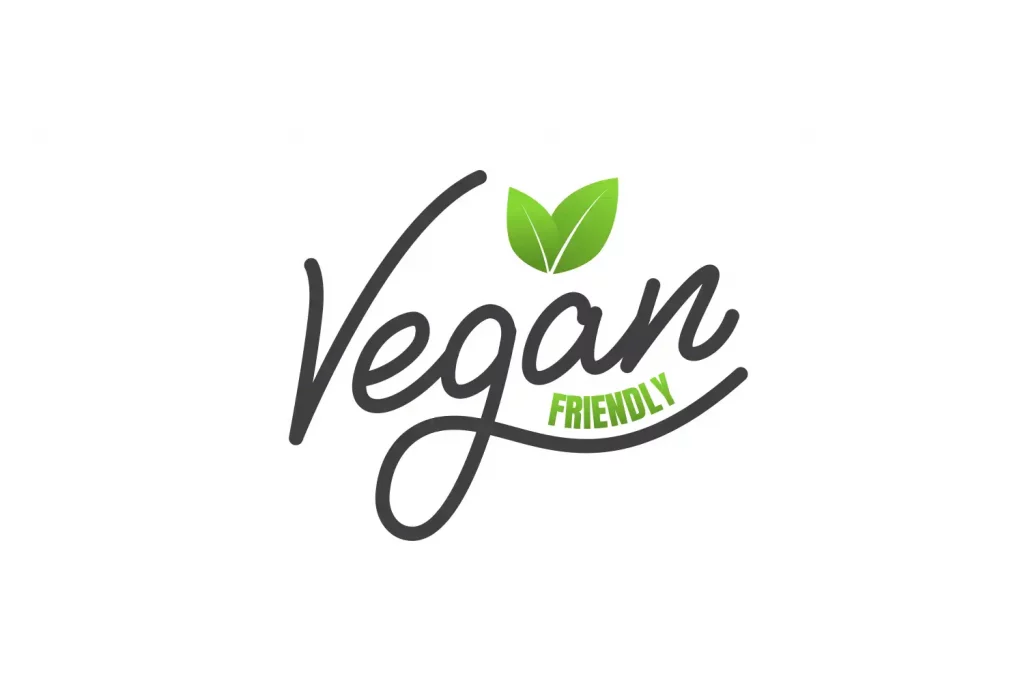Vegan discrimination in the workplace
Vegan discrimination at work means being treated badly or being put at a disadvantage compared with other colleagues because you are a vegan.
Rated 4.8 Stars in Over 1,000 Reviews
Veganism is becoming a topic for increasingly lively debate. This is particularly true since the case of Jordi Casamitjana was concluded in London in March 2020.
This article briefly considers the legal implications of that case and the practical implications for employers who now have to take care not to discriminate against you if you are vegan.
See also our main guide to discrimination at work and separate one on discrimination compensation.

The case of Jordi Casamitjana: an ethical vegan
Jordi Casamitjana had been sacked for gross misconduct by his employers, the League Against Cruel Sports. However, he claimed that his employers had sacked him because of his ethical veganism. This was following his discovery in 2016 that his employers invested pension funds in firms that carried out animal testing and compromised the environment.
His employers promised in 2017 that they would not invest his contributions in the funds, but failed to keep their word. So Mr Casamitjana told colleagues about the investments and encouraged them to act against the practice. As a result, he was dismissed for gross misconduct.
Is being vegan a protected characteristic under the Equality Act 2010?
In January 2020, the employment tribunal in Mr Casamitjana’s case was asked as a first step to consider whether being vegan is a ‘philosophical belief’ and therefore a protected characteristic under the Equality Act 2010.
As reported by The Guardian, the tribunal found that ethical veganism actually is a belief protected by law, which meant that employers could no longer discriminate against people who were ethical vegans.
Although this step in the tribunal’s deliberations did not settle the claimant’s claim for unfair dismissal due to vegan discrimination, it did lay the ground for a hearing on the issue, which took place in March 2020.
Vegan discrimination tribunal hearing: Employer agrees settlement with employee
The claimant’s former employers had previously argued that Jordi Casamitjana was dismissed properly for gross misconduct. However, at the March 2020 hearing, they conceded that he had in fact done nothing wrong in raising his concerns and proposed a settlement which he accepted. (See articles in the BBC News online and the Guardian.)
Mr Casamitjana said: ‘This has been a great victory for all ethical vegans and animal protection. I am extremely happy with the conclusion that we have secured.
‘The case has established that ethical vegans are protected from discrimination, and I have received the acknowledgement I sought that my dismissal was based on my ethical veganism, and was not justified or justifiable.’
Being treated badly at work because you're vegan?
Contact Monaco Solicitors - we'd like to help!
Request Callback
What do the tribunal findings on veganism mean for workplace practices?
As veganism is now protected by law, this means that employers have to ensure that they don’t discriminate against you as a vegan employee, unless there is an ‘objective justification.’
For example, you are asked to make cups of tea for the team using cows’ milk but feel that you can’t do this because of your belief as an ethical vegan. What would be an objective justification for continuing to ask you to make tea using cow’s milk? Perhaps that no shops in the area sell alternative kinds of milk, and there are no other employees who could make the tea.
The above is simply an example of what could unfold in this developing area of law. There are many scenarios where you, as a vegan could face discrimination at work, and indeed many of these scenarios could be viewed as objectively justified by an employment tribunal.
We at Monaco Solicitors will be following further developments with interest and indeed also promoting the vegan legal agenda where possible, as we think it is a good cause.
Meantime, here are some informal thoughts on the wider implications of ethical veganism by one of our Senior Lawyers and also by our Senior Partner.
Informal comment on vegan discrimination by two senior employment lawyers
One of our senior colleagues commented:
”If you were arguing that ethical vegans could be discriminated against for refusing to handle cows’ milk at work and that to do so would be a violation of that belief, then I think you’d have to establish that it was a fundamental tenet of vegan belief that adherents cannot handle cows’ milk. I’m not sure most vegans would think that.
The courts are pretty strict in how they view this sort of thing as they see the mischief that could be made by some otherwise.
The British Airways “cross” case failed as wearing a cross wasn’t a fundamental part of Christian belief and the need to enforce uniform requirements trumped the claimant’s right to express her faith.
Similarly, I believe there’s authority that Muslims cannot claim they cannot be involved in the sale of alcohol to non-Muslims, as that isn’t a fundamental part of their belief (only consumption is if you are Muslim), for example.
It would be hard to prove in the case of veganism (indeed any new, non-deist system of belief) as there are no obvious authorities on any dogma.
It’s a loosely structured set of beliefs with some core principles but it’s an evolving belief system with various people believing different things.
This makes it fair to establish it as a valid belief, but very difficult to establish what exactly is or isn’t protected if you are vegan.
So, I think someone being bullied for being vegan would obviously be protected, whereas someone disciplined for failing to carry out an otherwise lawful instruction because it offended their beliefs, would probably struggle (as others have).”

Our Alex Monaco says:
”The European Court of Human Rights has ruled in a number of cases (including Vartic and Jakobski) that you cannot interpret someone’s subjective beliefs, so long as they are cogent and strongly held.
Not all Christians go to church, as not all vegans are against making cups of tea.
So an employment judge would not have to find that there is a vegan dogma that prevented a vegan from making a cup of tea, in order to rule that being forced to make tea was discrimination in a particular case.
It’s about the belief of that individual vegan person at the time.”
In informal interviews reported widely by the national press during 2019*, Alex also commented:
“If you were Jewish or Muslim and told to get a round of bacon sandwiches in, no one would bat an eyelid if you refused. But if you’re vegan and refused to buy a pint of milk to make tea because you believe the dairy industry is torturing cows, then you would be laughed out of the kitchen.”
“Many vegans go to the work canteen and find there is nothing there to eat that is plant-based. Or you’ll go on an office or company away day, and you’ll find the sandwiches all have butter in them. Vegans also do get bullied in such circumstances.”
* In Ladbible, The Sun, The Express, Mail Online, Vegan Society and The Mirror
Next steps
If you’re being discriminated against at work because you are a vegan – or because you hold any other kind of ethical belief for which you are being discriminated against – Monaco Solicitors can help you.
We can help you with negotiating compensation and a settlement agreement with your employers because you want to leave as a result of their discrimination against you.
If your employer won’t negotiate and you have strong evidence of the discrimination, we can help you take your case to an employment tribunal.
Our terms are highly competitive and if we can offer you a no-win no-fee arrangement, won’t cost you anything.
So, do get in touch to find out whether we can help you:
- Via this website link
- By phone on 020 7717 5259
- By email: communications@monacosolicitors.co.uk